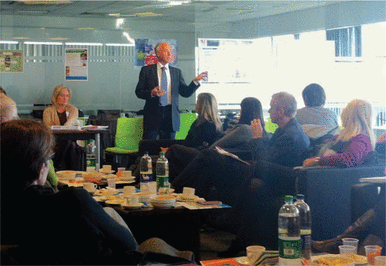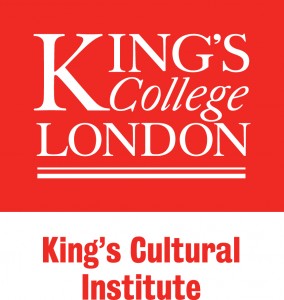Back in Autumn 2012, the Research and Knowledge Exchange Development and Operations Team(RKEDO) conducted the first round of the BU REF Individual Staff Circumstances data collection (please see link for more information) on a large scale, with a submission deadline of the 31 October 2012. Since then, data collection has been on-going and all new and existing REF eligible staff have been actively encouraged to disclose relevant individual circumstances.
The BU REF Circumstances Board first met last December to consider the following categories:
1. Early Career Researchers – 38 applicants
2. Maternity, paternity or adoption – 7 applicants
3. Part-time and/or career break – 3 applicants
4. More than two circumstances – 7 applicants
5. Complex circumstances – 3 applicants
There were also 11 applicants where staff had wanted their individual circumstances known but were not seeking a reduction in outputs.
The BU REF Circumstances Board will meet again in Spring/Summer 2013 to consider any new cases or existing cases with changed circumstances.
How is this relevant to you?
If you are planning on submitting to the REF2014 assessment, there is a possibility that you might be eligible for a reduction of outputs, depending on your individual circumstances (please see link for more information).
What action do I need to take?
To find out if you are eligible for REF submission, please see section 3.1 of the BU REF 2014 Code of Practice and ‘Staff eligibility’ in the BU REF FAQs. You are then encouraged to complete the disclosure form. If further information is required about any circumstances disclosed, you will be contacted by a member of the HR team involved in the REF. You should print out, sign and return your completed form marked ‘REF Confidential’ to Judith Wilson, HR Manager, M601, Melbury House, 1-3 Oxford Road, Bournemouth, BH8 8ES. Alternatively, you can also email your completed form to refcircumstances@bournemouth.ac.uk.
Further information
For more information on BU REF2014, please click on ‘ref’ on the right-hand tab, which will take you to all previous blog posts on all things REF.
Please feel free to get in touch with me or Rita Dugan (rdugan@bournemouth.ac.uk) if you wish to speak to someone about your REF eligibility.













 For many staying out of harm’s way is a matter of locking doors and windows and avoiding dangerous places, people and situations; however for some vulnerable people it is not quite so easy. The threat of abuse is behind those closed doors, well hidden from public view and for those living in the midst of adult abuse violence and fear permeates many aspects of their lives, frequently perpetrated against them by those charged with providing their care.
For many staying out of harm’s way is a matter of locking doors and windows and avoiding dangerous places, people and situations; however for some vulnerable people it is not quite so easy. The threat of abuse is behind those closed doors, well hidden from public view and for those living in the midst of adult abuse violence and fear permeates many aspects of their lives, frequently perpetrated against them by those charged with providing their care.










 Conversation article: London Marathon – how visually impaired people run
Conversation article: London Marathon – how visually impaired people run Horizon Europe News – December 2023
Horizon Europe News – December 2023